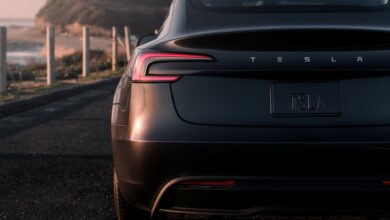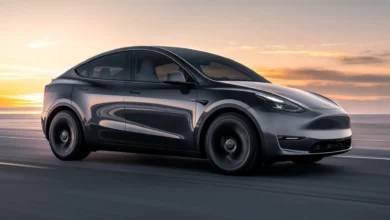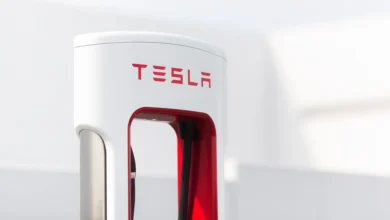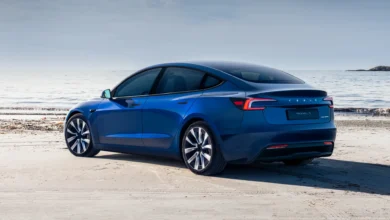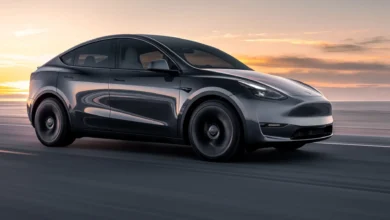
Most electric car manufacturers buy the battery cells from suppliers or build them in joint ventures with them. Tesla, on the other hand, wants to produce at least part of it.
So far, however, there have only been initial approaches. The whole thing hasn’t picked up speed yet. That raises questions about how Tesla intends to further increase its EV production, according to a Reuters article. Especially since Tesla wants to increase the number of vehicle deliveries by around 50 percent every year.
When announcing the business results for the second quarter on Wednesday, Tesla said that it would still rely on suppliers for the batteries in the current year because it did not yet master the necessary technologies for its production.
From next year, however, Tesla will have to build its battery cells to avoid a bottleneck. Time is running out for Tesla and the company must resolve the issues quickly, a Benchmark Mineral Intelligence (BMI) analyst told Reuters.
The new technologies in question are the 4680 cell format (cylindrical cells with a diameter of 46 mm and a height of 60 mm), but also the so-called Dry Battery Electrode (DBE), a manufacturing technique in which the electrodes are not dispensed with using a wet process, but dry, by applying a powder. This should save several production steps.
“Our focus right now is on the dozens of small issues that are holding back the production ramp-up of the 4680,” Musk said in a conference call on Wednesday. Referring to DBE technology, he said that when something is revolutionary, there are “a lot of unknowns that need to be solved.” He is confident that the problems will be solved, but it is “very, very difficult”.

Tesla executive Andrew Baglino said on Wednesday that 4680 productions should surpass 1,000 units per week by the end of the year, without saying whether cells or batteries were meant. But even if batteries are meant, this is far behind the goals for car production in Texas.
Tesla still has enough batteries at the moment. Elon Musk is now also purchasing batteries from BYD, and long-term partner Panasonic recently announced that they wanted to build another battery factory in Kansas that would supply Tesla. CATL, another Tesla supplier, is also looking for locations for a factory in North America.
But in addition to a possible shortage, there is also a threat to Tesla’s reputation in terms of modern technology. If technical problems cannot be solved, this also affects the stock price – especially since Tesla also has problems with autonomous driving, as the recent departure of a key employee showed.
